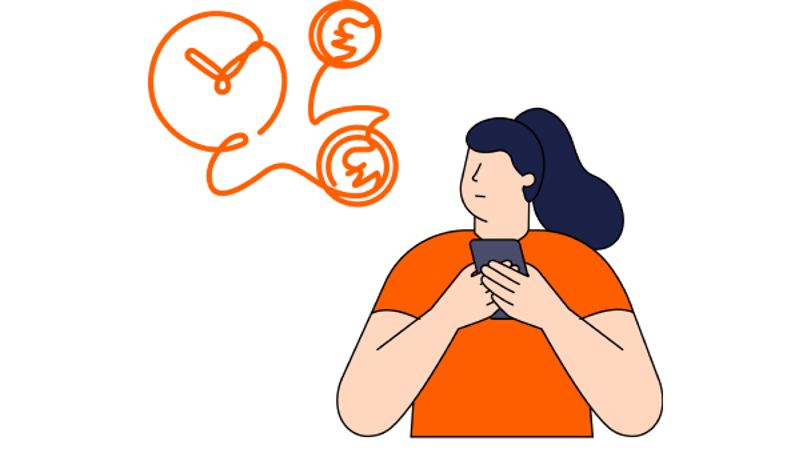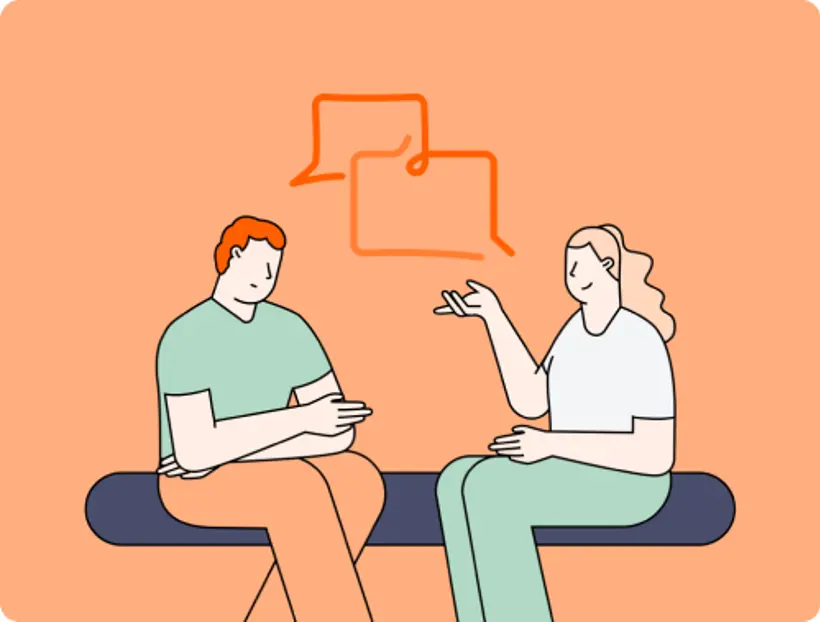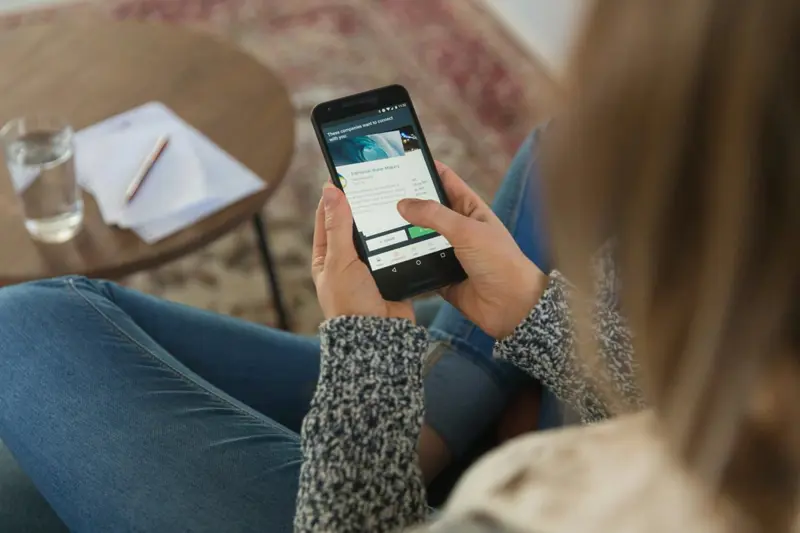Helping a young person who gambles

It can be difficult as a parent or guardian to know what to say to a child or young person who is gambling or exposed to someone else’s gambling.
Our advice can help you have open and positive conversations with young people about gambling. We can also point you to the best support option to help you.









